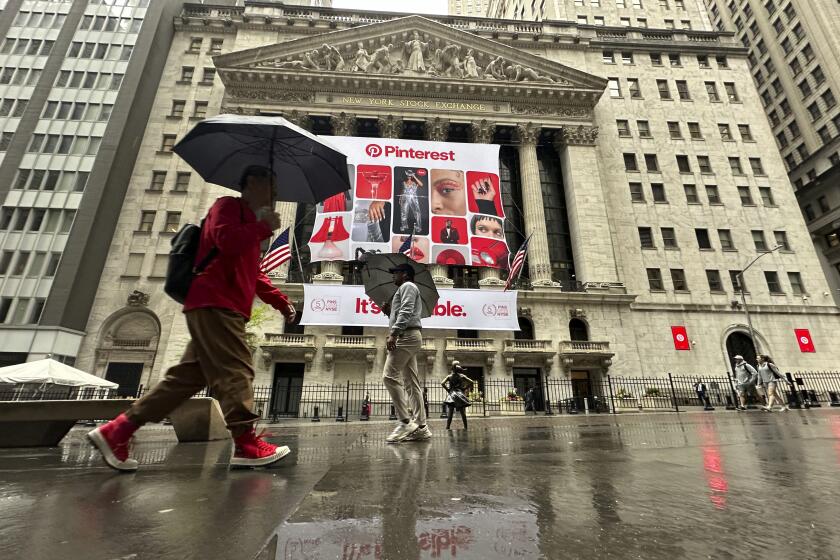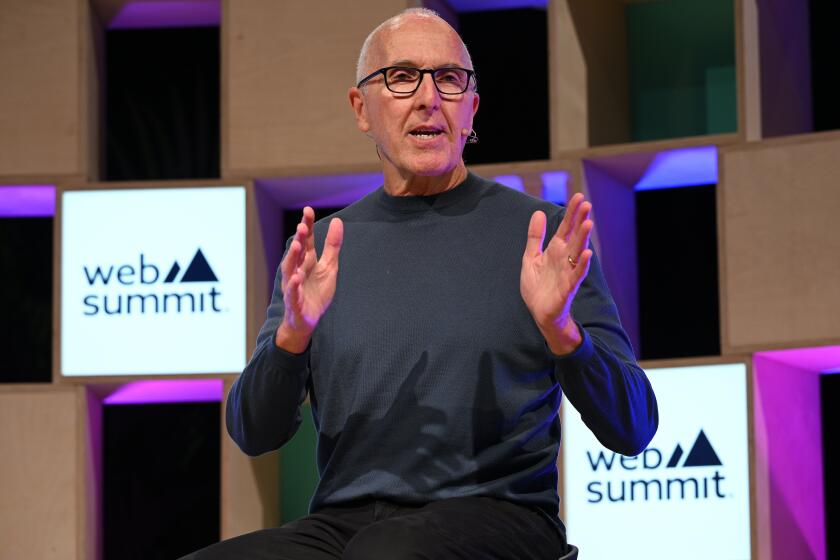Why Health Costs Sting Again
We all notice when prices rise at the gas pump, but fluctuations in the price of medical care are harder to gauge. We don’t buy health care every week or so, as we do gasoline. But it’s time we paid attention, because the cost of medical care is rising quickly and hitting many of us in the pocketbook.
If you get health insurance through your job, you may have noticed that your first paycheck of 2002 included a larger deduction than last year for medical benefits. Or maybe you took a second look at the bill when the pharmacist asked for a $40 co-payment for your brand-name heart drug, which used to cost you just $10 out of pocket. After a decade of relative stability, the cost of medical care in the United States is soaring, and employers, who pay most of the tab for private health insurance in this country, are asking workers to share some of the pain brought on by premium hikes of as much as 20% this year. For those who have no insurance coverage, higher costs mean it’s harder to get care as hospitals have less money for charity cases, and free clinics reduce hours of service.
And health experts say the worst of rising prices isn’t over.
Why is this happening? Wasn’t managed care supposed to bring health costs under control with its tighter scrutiny of all things medical? In the early 1990s, health-care spending increases were in the double digits. That’s when worried employers called in HMOs and asked them to slow down the rise in medical costs.. They did, and employers switched millions of Americans into health plans that restricted the choice of doctors and made it more difficult to see specialists or get approval for certain medical tests.
How did managed-care companies get costs down? They promised employers lower premiums if they switched large numbers of workers into their plans. The HMOs then demanded deep discounts from doctors and hospitals, promising in exchange to send more patients their way. And health plans worked to cut the obvious waste from the system--cracking down on unnecessary visits to pricey physician specialists and demanding that patients be sent home from the hospital as quickly as practical.
The average number of days people stayed in the hospital dropped dramatically. Price pressures forced a lot of poorly managed hospitals to close their doors or merge with more financially stable hospitals.
Managed care did a great job of achieving a one-time savings. Without it, medical inflation would be a lot worse. But managed care never tackled the fundamental reasons costs were rising in the first place. HMOs couldn’t do much about rising labor costs at hospitals or changes in the way medical care is delivered, such as the shift to more outpatient services.
Health plans also couldn’t control the soaring costs of prescription drugs as hundreds of new, often costly drugs came to market. HMOs have tried to persuade doctors to prescribe less expensive drugs, such as generics. But health plans have had little control over escalating prices of drugs in general. Pharmaceutical companies set their own prices based on their research and development costs and profit goals. And managed care has been unable to get at some deeper problems, such as weeding out inappropriate uses of technologies, tests and treatments--the ineffective practice, for example, of doctors writing prescriptions for antibiotics to treat colds. Instead, health plans have tried to discourage the use of unneeded medical services by requiring doctors to get “preauthorization” of treatments and tests. Doctors and patients have generally despised these restrictions. Moreover, these barriers were “weak, untargeted and did little to contain costs or get at the root causes,” says Dr. Mark Chassin, head of the health policy department at Mt. Sinai School of Medicine in New York City.
And these penny-pinching practices have also led to a public backlash against HMOs, now viewed by many Americans as ruthless deniers of medical care.
Meanwhile, hospitals and doctors have vigorously resisted the HMOs’ cost-cutting efforts, claiming that medical care is suffering as a result. Now many HMOs have relaxed or eliminated cost controls, such as the use of primary physician “gatekeepers” who guard against unnecessary specialist referrals. Those strategies may be lost forever, said Dr. Andrew Wiesenthal of Kaiser Permanente in Oakland. “They ticked off patients who believed they had a God-given right to have whatever procedure they wanted whenever they wanted. Care is just going to get more costly now.”
Ten years ago, employers thought they had an answer. Now there’s no consensus. Some employers believe that persuading workers to take better care of their health might help. Others will shift more of the cost to workers by raising deductibles or co-payments, hoping to make employees think twice before going to the doctor. Those strategies don’t attack the root causes of escalating costs any better than managed care did.
Unless managed care can reinvent itself or some new silver bullet is found, those at the helm of the nation’s health-care system are a little like Capt. Kirk steering the starship Enterprise into the vast unknown.
*
Trudy Lieberman can be reached by e-mail at trudyal530@aol.com. Health Matters appears the third Monday of the month.






